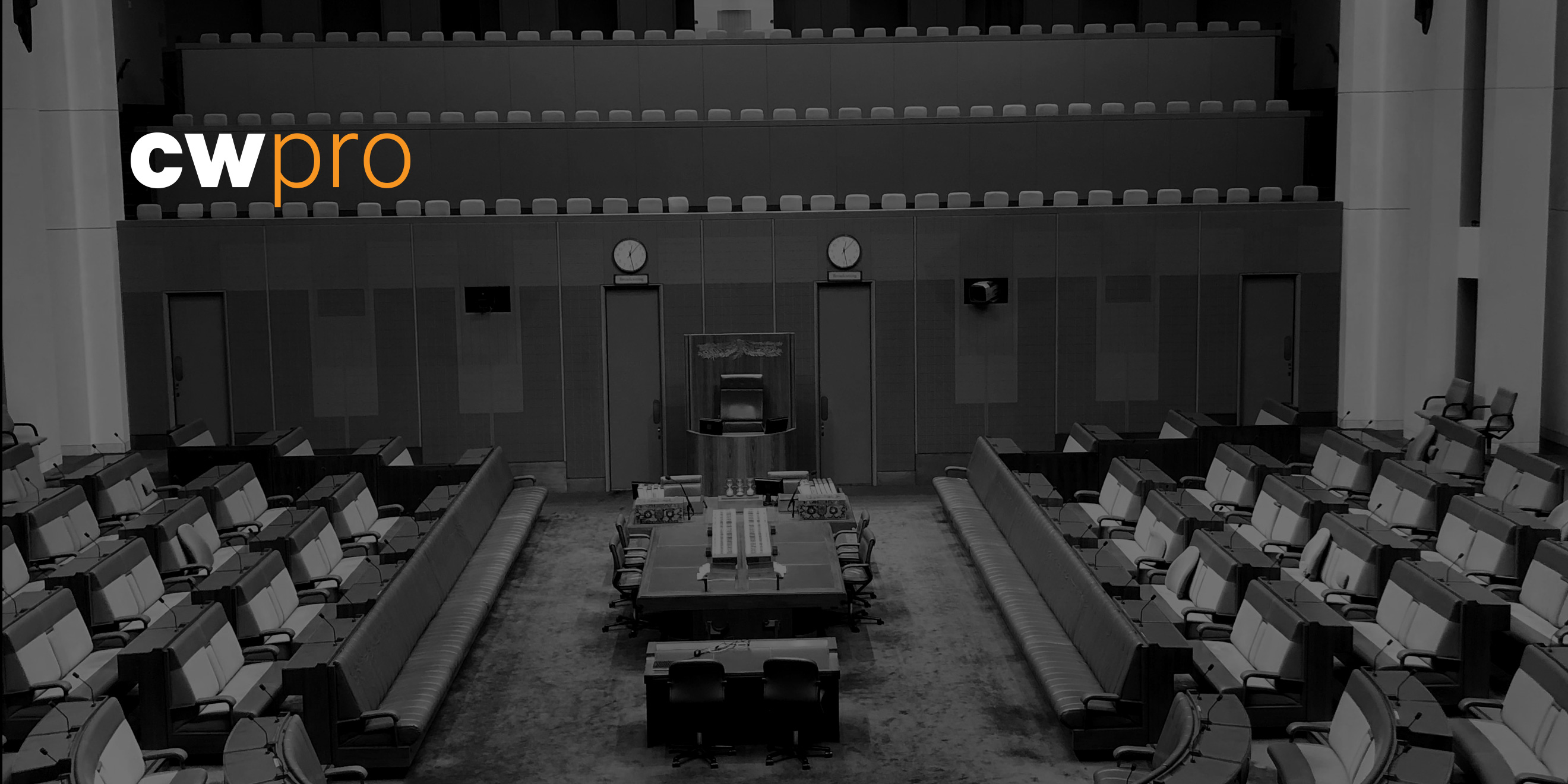At a glance.
- Proposed changes to the Budapest Convention.
- Industry support for mandatory incident reporting.
- US Federal election security measures proposed.
- Cybercrime as national policy.
- US Deputy National Cyber Director for Federal Cybersecurity appointed.
Updates to Budapest Convention to expedite cyberattack investigations.
Government leaders have proposed changes to the Budapest Convention aimed at maximizing the efficiency of cybercrime investigations. The Wall Street Journal explains that the modifications would allow authorities to communicate with tech companies outside their jurisdiction in order to quickly access necessary data. Currently under the Cloud Act, authorities can interact with domestic companies, but the revisions would allow countries to gather intel from companies in any of the countries who are part of the Convention, signed by sixty-five countries including the US, Japan, and Ukraine and members of the EU. The goal of the Convention, originally established in 2014, is to foster cooperation across borders when it comes to combating cybercrime. Marco Stefan, a research fellow at Brussels think tank the Centre for European Policy Studies, stated that the proposed changes, if agreed upon, “will significantly expand the geographic scope of law enforcement outreach.”
Industry leaders in support of mandatory reporting.
US officials have been working in recent days to determine reporting requirements for entities that have experienced cyberattacks, a group of industry leaders have submitted a letter to Congress advocating for mandatory reporting. Signed by representatives from the Institute for Security and Technology and the CyberThreat Alliance, the letter explains that mandatory reporting will increase the nation’s ability to defend against cyberattacks. The treatise also cites Cybersecurity and Infrastructure Security Agency Director Janet Easterly’s support of mandatory reporting at the recent Senate committee hearings. “By designing simple, easy to comply with reporting requirements for small businesses, Congress can effectively ensure that all businesses have equitable access to the vast array of resources offered by the U.S. Government, while still not overburdening small businesses,” the letter argues.
Mandatory reporting as election security safeguard.
Staying on the topic of incident reporting, CyberScoop discusses a Stanford Internet Observatory paper by Matt Masterson, the former top election security official at the US Cybersecurity and Infrastructure Security Agency, proposing that election technology should fall under mandatory reporting rules. Election tech was designated critical infrastructure in 2017, so it follows that it should be regulated by the same legislation that governs other essential industries like pipeline owners and electrical grids. However, federal oversight of the approximately 10,000 election jurisdictions across the country would be a very tall order, especially when partisan politics are already straining the country’s electoral system.
North Korea phishes for UN sanctions secrets.
Foreign Policy examines North Korea’s efforts to evade United Nations sanctions. The nation has already established an elaborate web of front companies, illicit bank accounts, and ransomware attacks, and even phishing operations unleashed in an attempt to spy on the UN’s panel of sanctions experts. In one recent attempt, an American UN official investigating North Korean sanctions violations received an email impersonating another UN colleague and containing a malicious link. Over the years, the attacks have grown more sophisticated and successful, spreading from email to social media platforms like LinkedIn, with many officials receiving up to four attempts a month.
Senior US Federal cybersecurity appointment.
US National Cyber Director Chris Inglis has announced the appointment of Chris DeRusha as the new Deputy National Cyber Director for Federal Cybersecurity. DeRusha will be dual-hatted: he'll also serve as the US Federal CISO.
